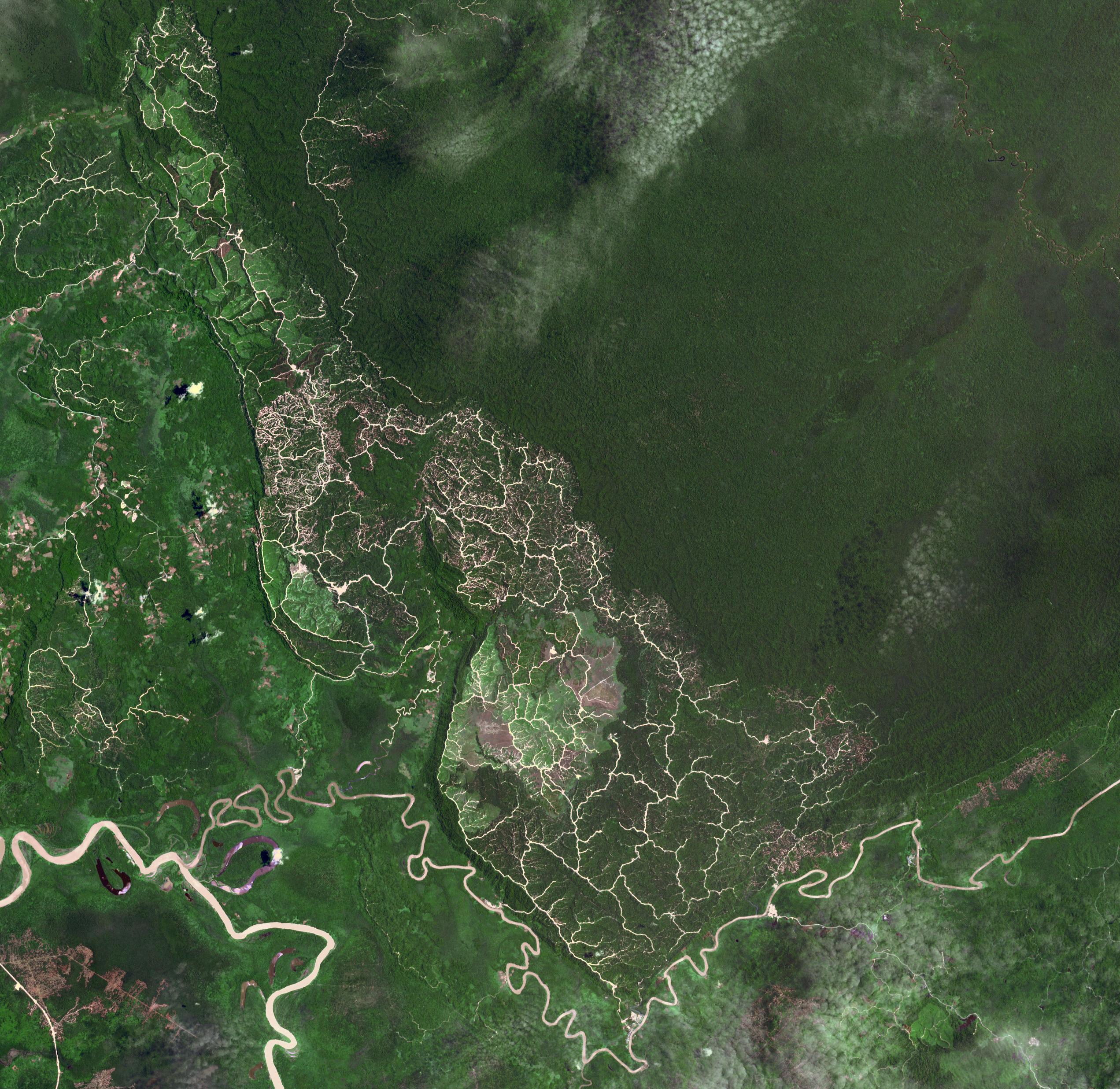Certified Organic(TM) Plant-based(TM) Regenerative(TM)
Max Haiven's Palm Oil: The Grease of Empire inspired me to check things I'm buying for palm oil (previously I'd just checked the mainstream culprits of things like peanut butter). The cheap cookies I liked had it. The slightly more expensive ones next to them had it too, but this time, the ingredients list said sustainable palm oil.
and uh,
from the very same pamphlet that inspired me:
(pg. 49, quoting Oliver Pye's Commodifying Sustainability)
Sustainability becomes a commodity, something you can buy, rather than a social and political question.
(pg. 88)
[P]alm oil has [...] more recently benefited from a turn toward "ethical consumerism" that prides itself on "vegan" products and certifications.
...
Haiven and Pye speak to something that has been bugging me for a long, long time. A huge amount of the world's population is deeply alienated from the food they eat. We buy things at the store, and we barely know anything about what we're buying. Sometimes there will be a bit of info: country of origin, mainly. We don't know where in that country. We don't know who did the harvesting, processing, transport. In the majority of these cases, it would be an immense undertaking to try and familiarize ourselves with the production of just one of the things in our shopping-bag. let alone, well, the rest of the bag.
because of this distancing (often literal distance), we rely on labels to inform us. We get labels like "certified organic", "vegan", "cruelty-free", "sustainable", "regenerative". In some cases, these are basically just slogans without much weight behind them, requiring us to trust the company not to lie to us. In others, they're certifications, something official. These require two often-problematic processes: firstly, defining what something means in a very strict legal sense; secondly, making sure these criteria are met.
it basically turns the whole thing into a box-ticking exercise. The necessary boxes-to-check to be "sustainable" or whatever are defined, which is deeply flawed since it lacks nuance and consideration for context, which is essential for regeneration, sustainability, etc... these practices will look wildly different depending on latitude, biome, local meso-scale biome, so on. Then someone goes and checks the criterion are met, and this person usually doesn't stay very long, nor checks things outside the checklist, allowing for all sorts of things to happen "just out of view".
I remember a few years ago that a university created a sustainable, eco-friendly building, ticking all the right boxes. One of their ornithology professors looked at the building and asked: "...so why are there bird spikes on it?"
They were following the letter of the law to get that shiny, great-PR sustainability label, without actually knowing and acting on the spirit of it. And when this sort of thing occurs behind a fence, behind guards... who is going to get close enough to notice something's wrong?

The southwestern border of Brunei with Sarawak, Malaysia is strikingly apparent due to differences in land use practice. On the Malaysian side, a spider web of small roads indicates intensive land use: in this case clearing of the forest for palm oil plantations. On the Brunei side, the virgin forest is preserved, with few if any roads cutting through the forest. The image was acquired September 10, 2012, covers an area of 38 by 38 km, and is located at 4.2 degrees north, 114.4 degrees east.
...
the simplicity with which something can be labelled Certified Vegan, Cruelty Free, so on, are an absolute godsend to corporations. It's super simple greenwashing. As in Haiven's discussion, super-destructive, absolutely unsustainable refined palm oil gets great PR from being from a plant so it can form a cheap basis to vegan cosmetics. it gets The Label Of Approval despite its extractive, destructive, and abusive practices running counter to the reasons a lot of people are vegan in the first place. But it doesn't matter, cause it still sells.
to properly scrutinize these products and know they're not lying is almost impossible due to globalization and the deprivation of the workers producing them. When something is grown locally, it becomes more-possible to be fully involved throughout the process and truly know it's good, even if it doesn't have a label (though just being local isn't enough, since they can still put up a fence...). When something can't be grown locally, we could imagine the capacity to use the internet to talk to people involved in the process, a connection which is severed in the modern exploitative atmosphere.
this leads into food sovereignity, the ability, as a community, to truly know and control your subsistence. An enemy of capitalism, as it reduces reliance on capitalist exchange-doers and transporters. Something essential to our living-well yet... perhaps not as discussed as it should be?
cause as we remain unentangled with the web of food's creation, our demands for certain merits can easily just be another marketing opportunity. And another betrayal.
...
thanks for reading!🪱🦀
Atom feed ; RSS feed
check out my reading list while you're here :)